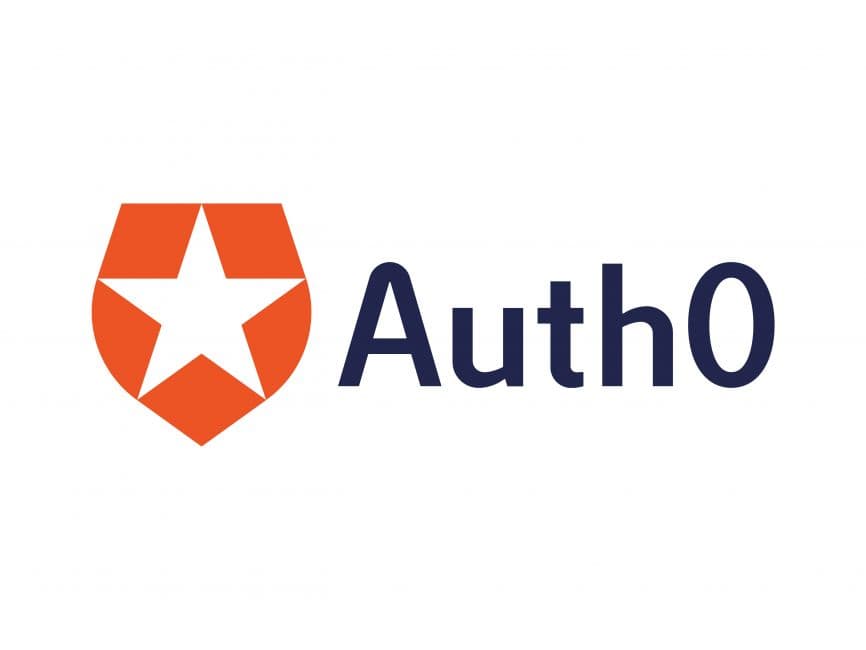Auth0 vs. Auth.js
Auth0
auth0.com/Auth0 is a flexible, drop-in solution to add authentication and authorization services to your applications. Your team and organization can avoid the cost, time, and risk that come with building your own solution to authenticate and authorize users.
Auth.js
authjs.dev/Formerly known as NextAuth. It's is an open-source authentication library originally built for NextJS. Auth.js is free to use and comes with over 80 integrations for various third-party identity providers such as Google, Facebook, Auth0, Apple etc. You can use it with your own database if you choose to. It works with MySQL, Postgres, MSSQL and MongoDB. Auth.js is compatible with Next.js, SvelteKit and SolidStart as of March 2024.


Pros
Cons
Pros
Cons
Frequently Asked Questions
Auth0 is a comprehensive authentication and authorization service that is easy to integrate into applications. It offers a range of features and services that can save time and reduce risk compared to building your own solution. Auth.js, on the other hand, is an open-source library that is free to use and offers over 80 integrations with third-party identity providers, along with compatibility with multiple frameworks like Next.js, SvelteKit, and SolidStart. The choice between Auth0 and Auth.js depends on your specific needs: if you prefer a more managed, out-of-the-box solution with extensive support, Auth0 might be better. If you prefer a customizable, open-source option that works with various databases and frameworks, Auth.js could be the better choice.
Auth.js is generally more cost-effective as it is an open-source library that is free to use. It allows you to integrate with various third-party identity providers without incurring direct costs. Auth0, while offering a robust and managed service, comes with pricing plans that could be significant depending on the scale and usage of your application. Therefore, if budget is a primary concern, Auth.js would be the more cost-effective option.
Auth0 is designed to offer a highly scalable authentication and authorization solution, capable of handling large volumes of users and complex security requirements. It is a fully managed service that can scale automatically with your application's needs. Auth.js, being an open-source library, provides flexibility and can be scaled as well, but it might require more manual effort and infrastructure management to achieve the same level of scalability as Auth0. For out-of-the-box scalability, Auth0 is generally the better choice.
Auth0 is a flexible, drop-in solution designed to add authentication and authorization services to your applications. It helps organizations avoid the cost, time, and risk associated with building their own authentication and authorization systems.
There are currently no user-generated pros and cons for Auth0. Generally, Auth0 is known for its ease of integration, comprehensive documentation, and robust security features. However, some users may find its pricing model expensive as the number of active users grows.
Auth0 offers a range of features including multi-factor authentication, single sign-on, social login, passwordless login, and extensive support for various identity providers. It also provides detailed analytics and logs to monitor authentication activity.
Organizations of all sizes can benefit from using Auth0, especially those looking to quickly implement secure authentication and authorization without building their own solutions. It is particularly useful for developers, IT departments, and businesses focusing on security compliance.
Yes, Auth0 is highly scalable and can handle authentication and authorization for applications with large user bases. Its cloud-based infrastructure ensures that it can grow with your application’s needs.
Auth.js, formerly known as NextAuth, is an open-source authentication library originally built for NextJS. It is free to use and offers over 80 integrations for various third-party identity providers such as Google, Facebook, Auth0, and Apple. Auth.js can also be used with your own database, supporting MySQL, Postgres, MSSQL, and MongoDB.
As of March 2024, Auth.js is compatible with Next.js, SvelteKit, and SolidStart.
Yes, you can use Auth.js with your own database. It supports MySQL, Postgres, MSSQL, and MongoDB.
Auth.js offers a variety of features including over 80 integrations with third-party identity providers like Google, Facebook, Auth0, and Apple. It is also compatible with multiple platforms such as Next.js, SvelteKit, and SolidStart, and supports various databases including MySQL, Postgres, MSSQL, and MongoDB.


















